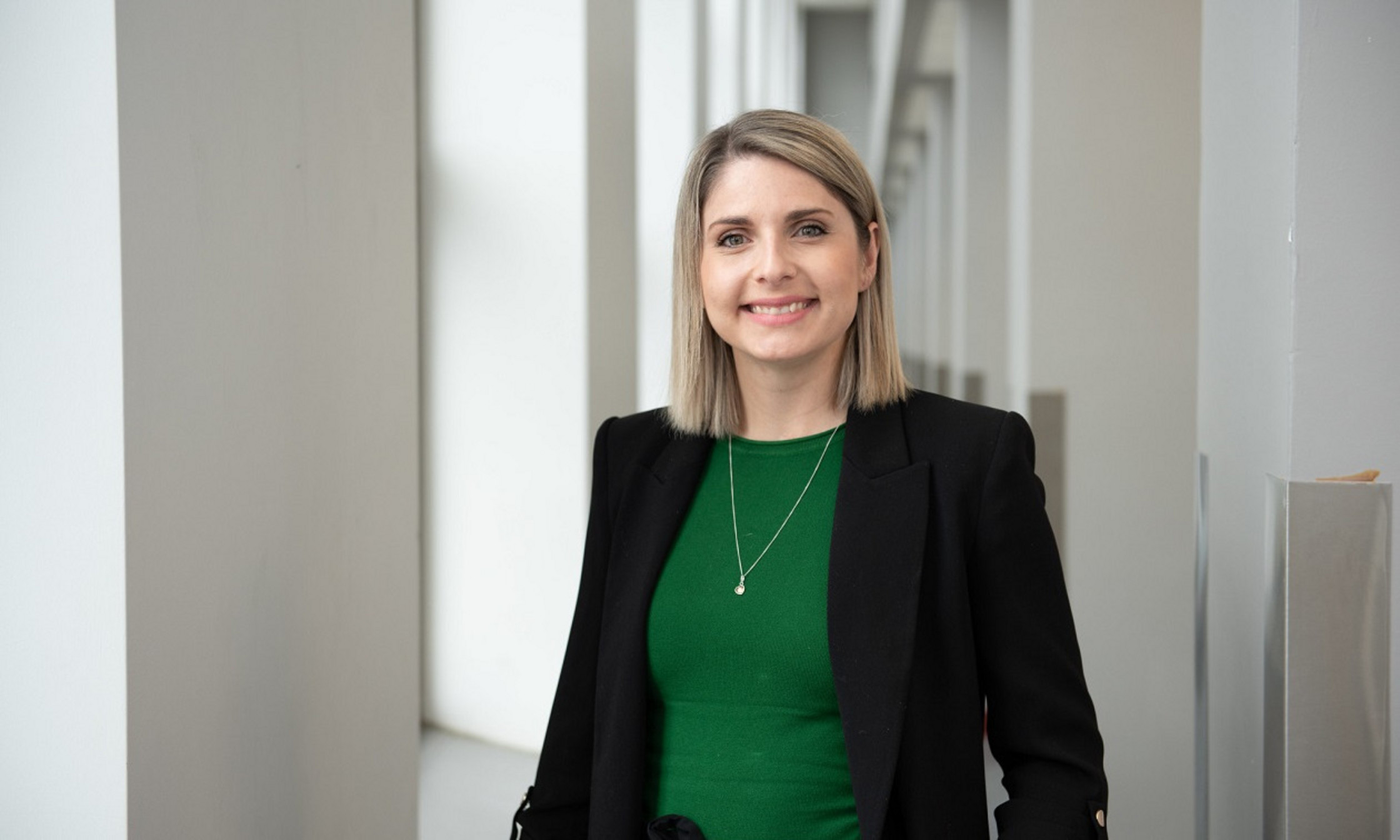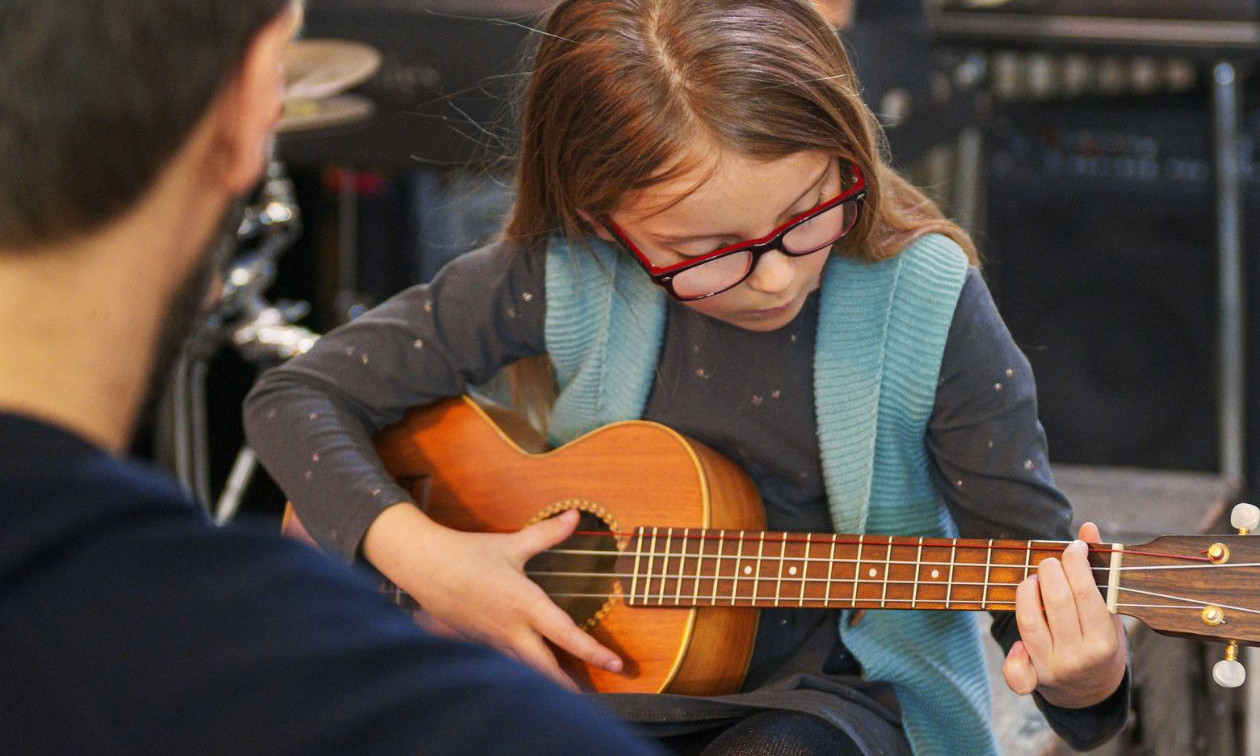Making play a tool of learning and evaluation

Naomie Fournier Dubé loves to play, and as a lecturer in Université de Montréal’s Faculty of Education Sciences, she uses play extensively to teach theoretical concepts in her area of expertise: learning and skills assessment.
Her approach is unusual in higher education but stimulating and refreshing for her students.
Dubé uses games, case studies and problem-solving to impart most of the concepts that she teaches. She takes her cue from the motto attributed to Benjamin Franklin: “Tell me and I forget. Teach me and I remember. Involve me and I learn.”
“As a student, I didn’t enjoy three-hour lectures,” said Dubé, who has a Ph.D. in education.
“I naturally prefer a more democratic approach, with a touch of humour. So I wanted to teach the way I myself like to learn. Over time, I found that my students learned and retained more information, and applied it more effectively in practice, when it's taught through play.”
Dubé finds it unfortunate that play is often frowned upon in schools, even though it provides what she believes is an ideal context for learning.
“Play is seen as fun whereas learning isn’t,” she said. “But if there’s a purpose behind the fun, what’s wrong with having students get out their coloured pencils and paper?
"For example, when I ask my students to work in teams, they realize they can’t do everything on their own, just as they won’t be able to see everything and document everything when they are teaching. So they pick up theoretical concepts and information in a roundabout way, as the activity always has a pedagogical purpose.”
Back to school
After completing a practicum for her bachelor’s in physical and health education (PHE) and then working in a primary school, Dubé decided to go back to school and do research.
“I realized that PHE teachers aren’t the ones developing, documenting and evaluating preschoolers’ motor skills,” she recalled. “That task falls to the classroom teacher, who often doesn’t have the training to do it. So I thought this could be a productive area to explore, both academically and practically.”
Dubé’s interest in developing assessment tools and practices deepened during her graduate studies. The more she read and discussed, the more she realized how many issues still need to be addressed and how many teachers don’t feel properly equipped.
To remedy the situation, Dubé would like to see more courses on learning and skills assessment for future teachers. But she knows it’s not that simple.
“I really want to improve the culture of evaluation,” she said.
“When we don’t know much about evaluating, we tend to repeat what we ourselves have experienced without questioning it. That’s not to say that what we’re doing is wrong, but we do need to look at current practices to see if they’re really meeting students’ needs.
"I feel that’s part of why I’m at university – to be an agent of change – and training when your students are starting out is when you can really influence them. So I want to be a positive role model.”



